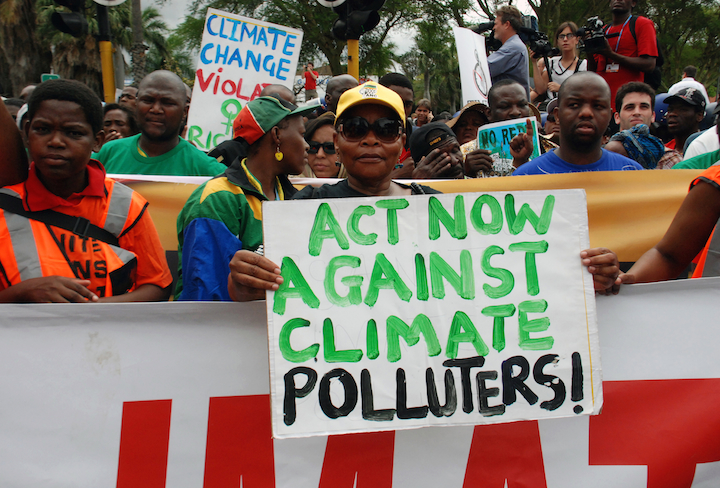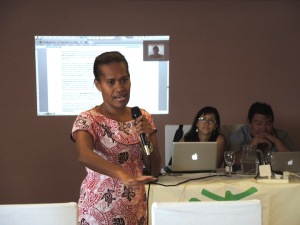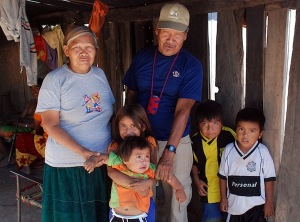In the states of Morelos, Puebla and Tlaxcala, a massive natural gas project is underway, complete with two plants and a pipeline. The project – The Morelos Integral Project, or PIM – is a transnational venture, of course, with heavy investment from the Mexican government. The people of Huexca, a central town for the project, are waging a fierce struggle against the project.
In 2012, the women of Huexca, for example, organized a blockade of the plant’s construction.
The women maintained this presence throughout the summer of 2012, halting construction on the plant. “We were there 24 hours. We gave everyone breakfast and lunch each day. There were just two of us cooking. And yes, again it was the women,” observes Sonia.
Martha Pskowski is a writer and researcher based in Mexico City. She is a member of the CIP Americas Program team at www.cipamericas.org. Octavio Morales is a Mexico-based writer. Here’s their report.
In the land of Zapata, a community fights natural gas development
By Martha Pskowski and Octavio Morales, Americas Program. 15 November 2014General Emiliano Zapata would roll over in his grave. The Morelos Integral Project, or PIM for its initials in Spanish, is a 160-kilometer natural gas pipeline and two thermo-electric plants in the heart of Mexico’s fertile central valleys, and in the shadow of an active volcano, Popocatépetl. The PIM, a partnership between the federal electricity agency, CFE, and Spanish and Italian energy companies, has been pushed through without community consent on the lands of 60 campesino and indigenous communities in the states of Morelos, Puebla and Tlaxcala.
Read the whole article on the CIP Americas Program website.



